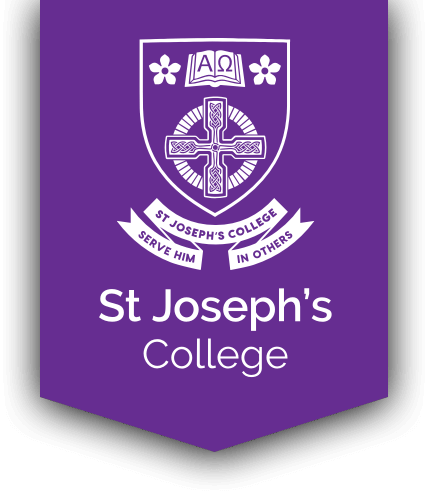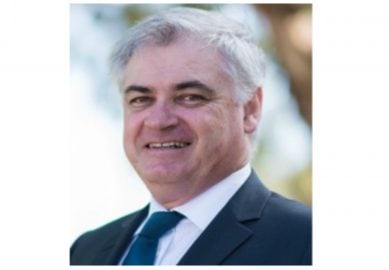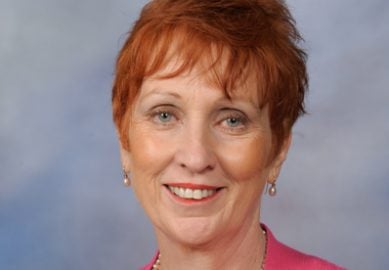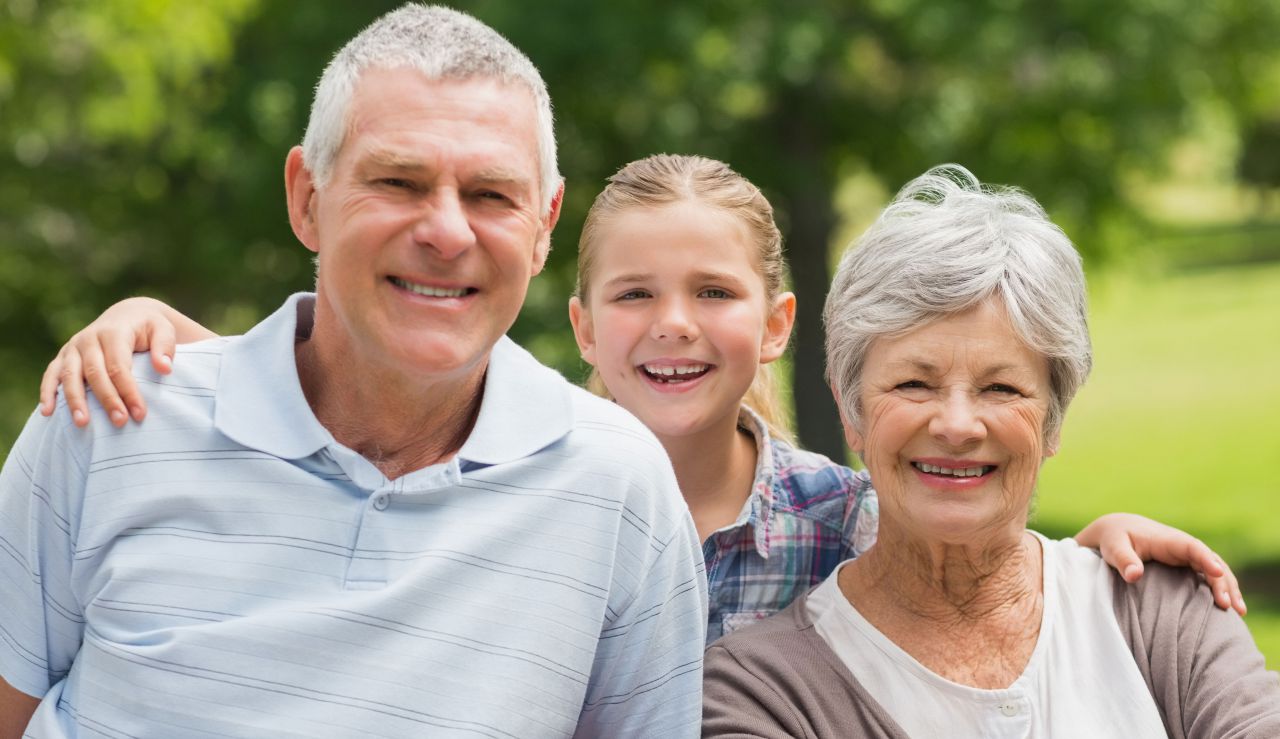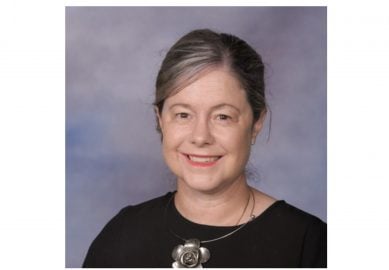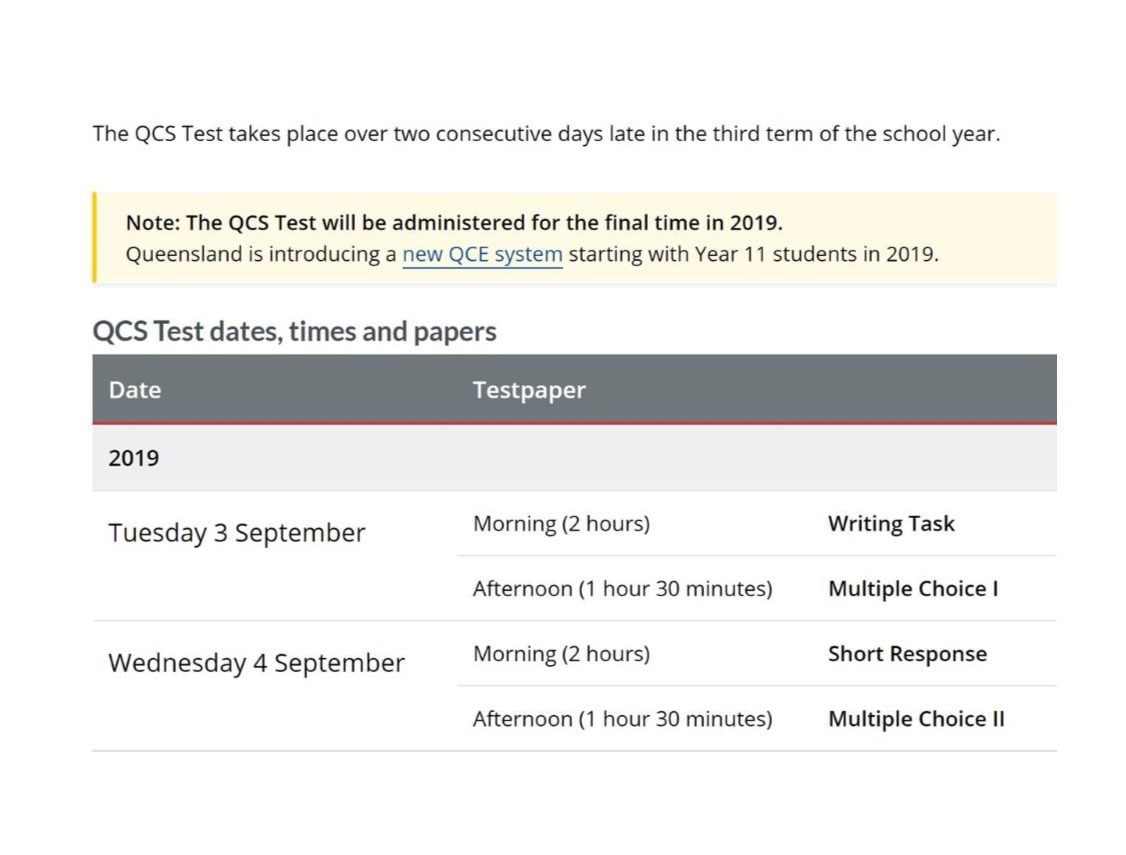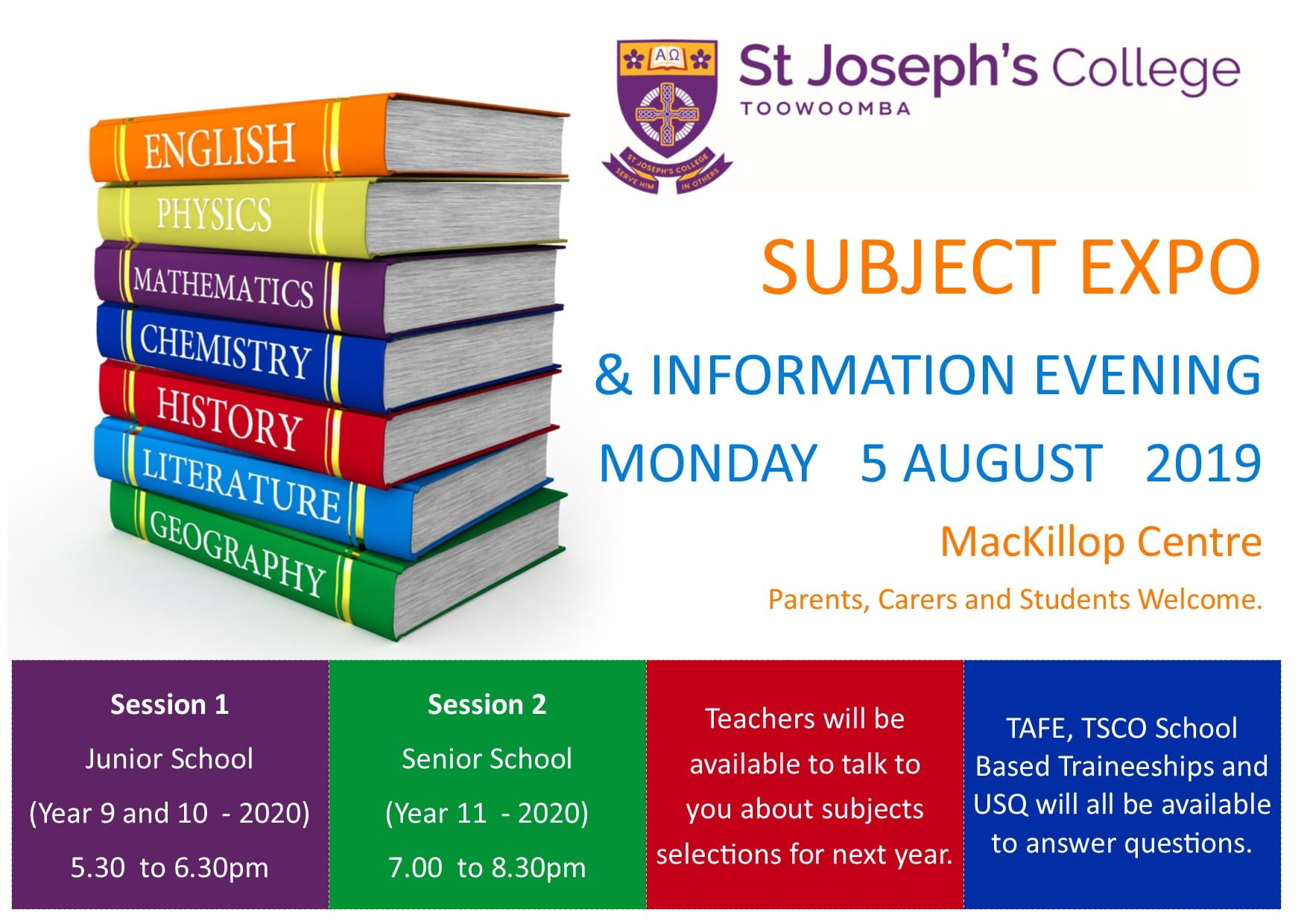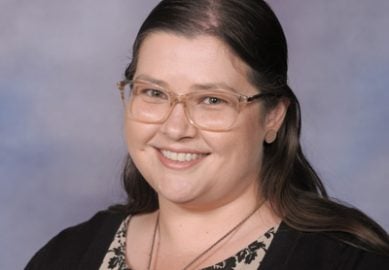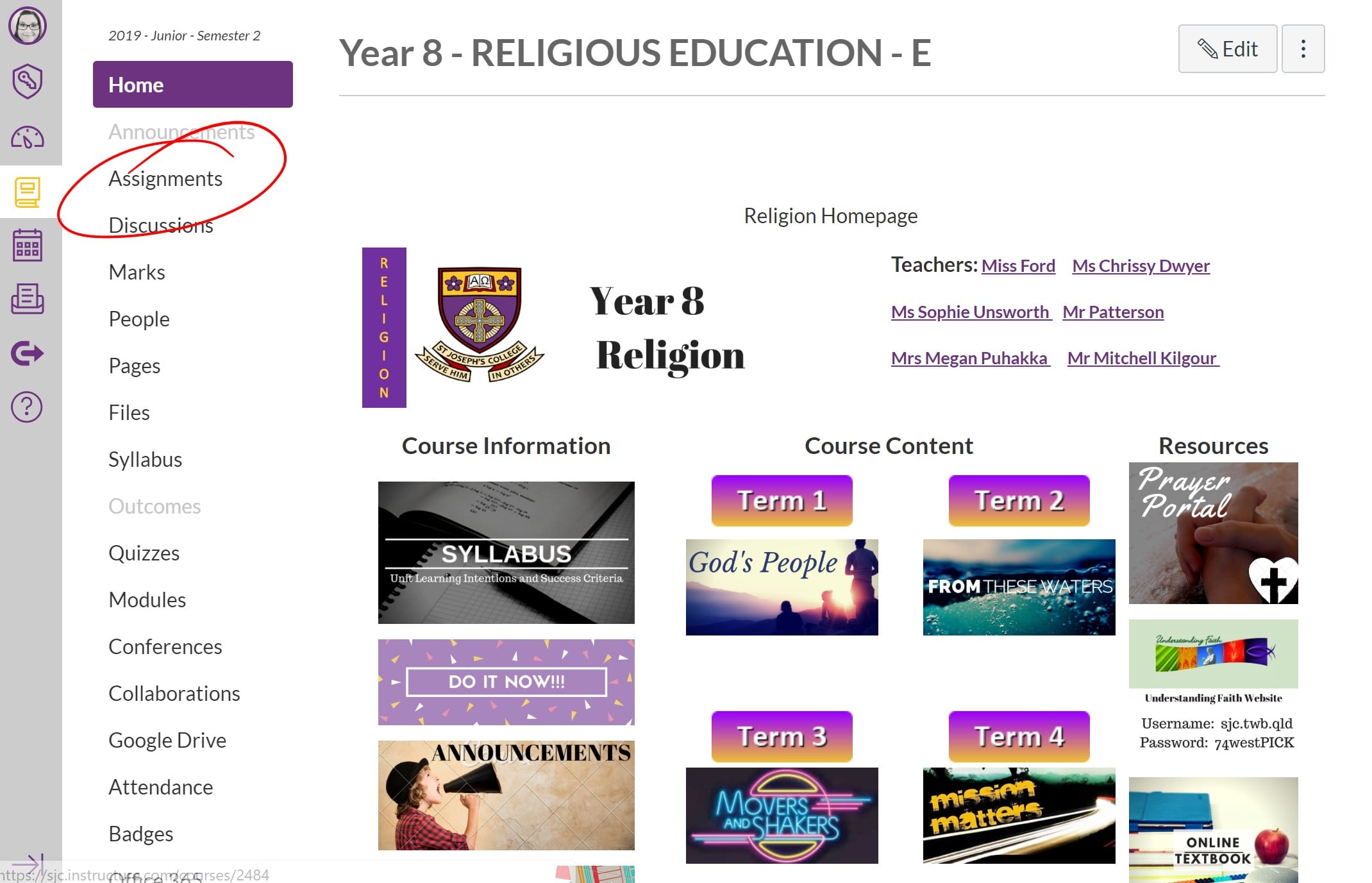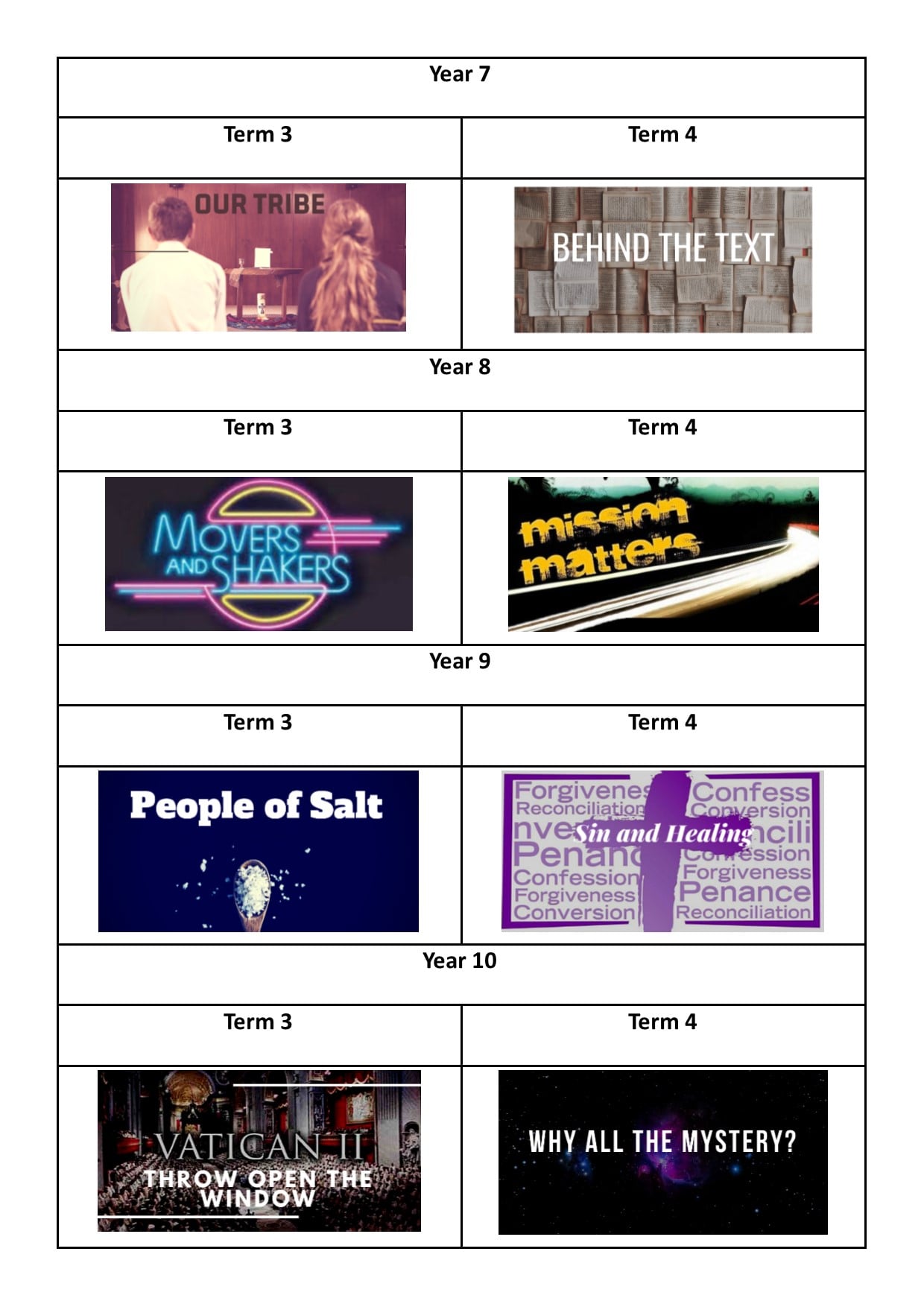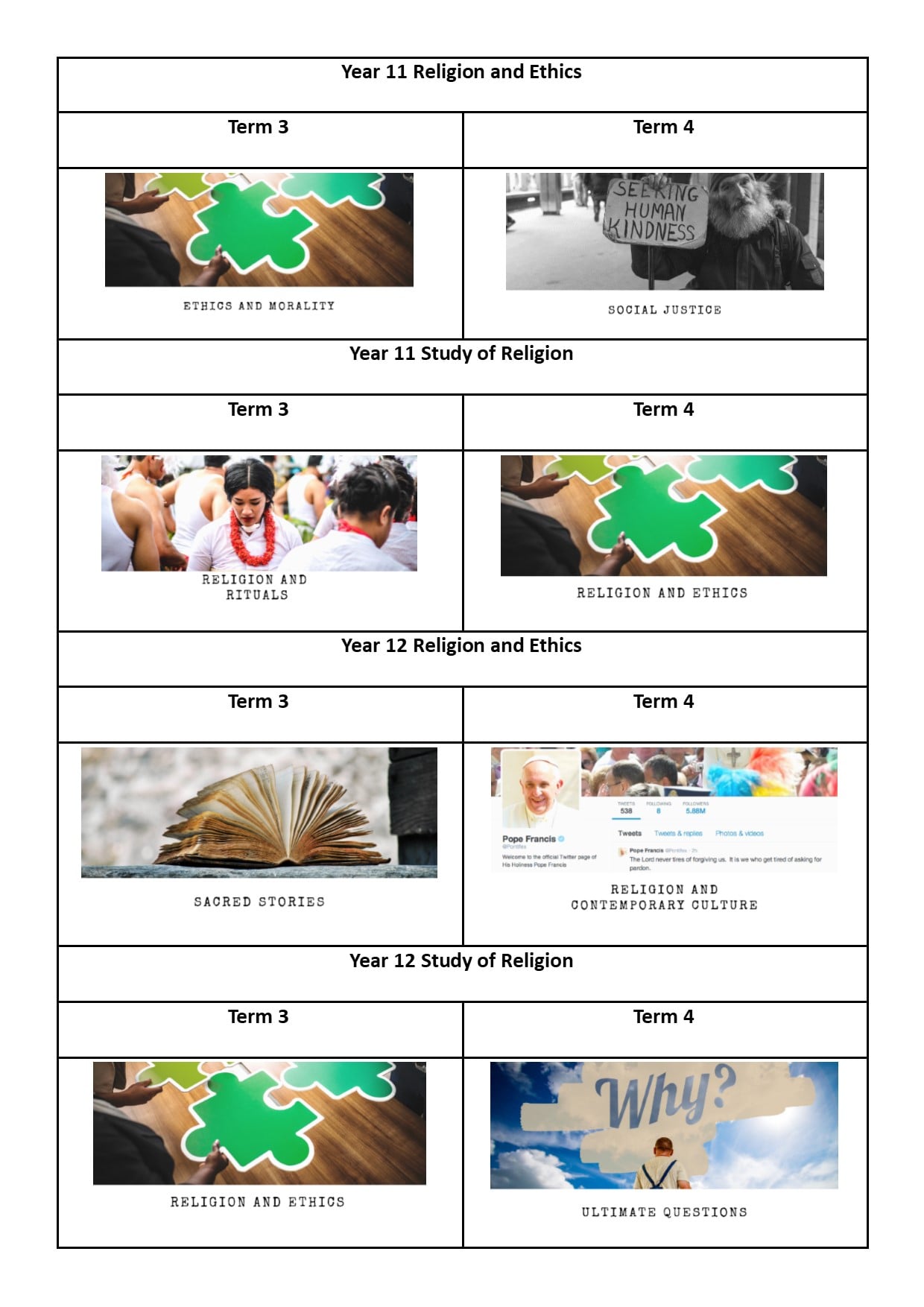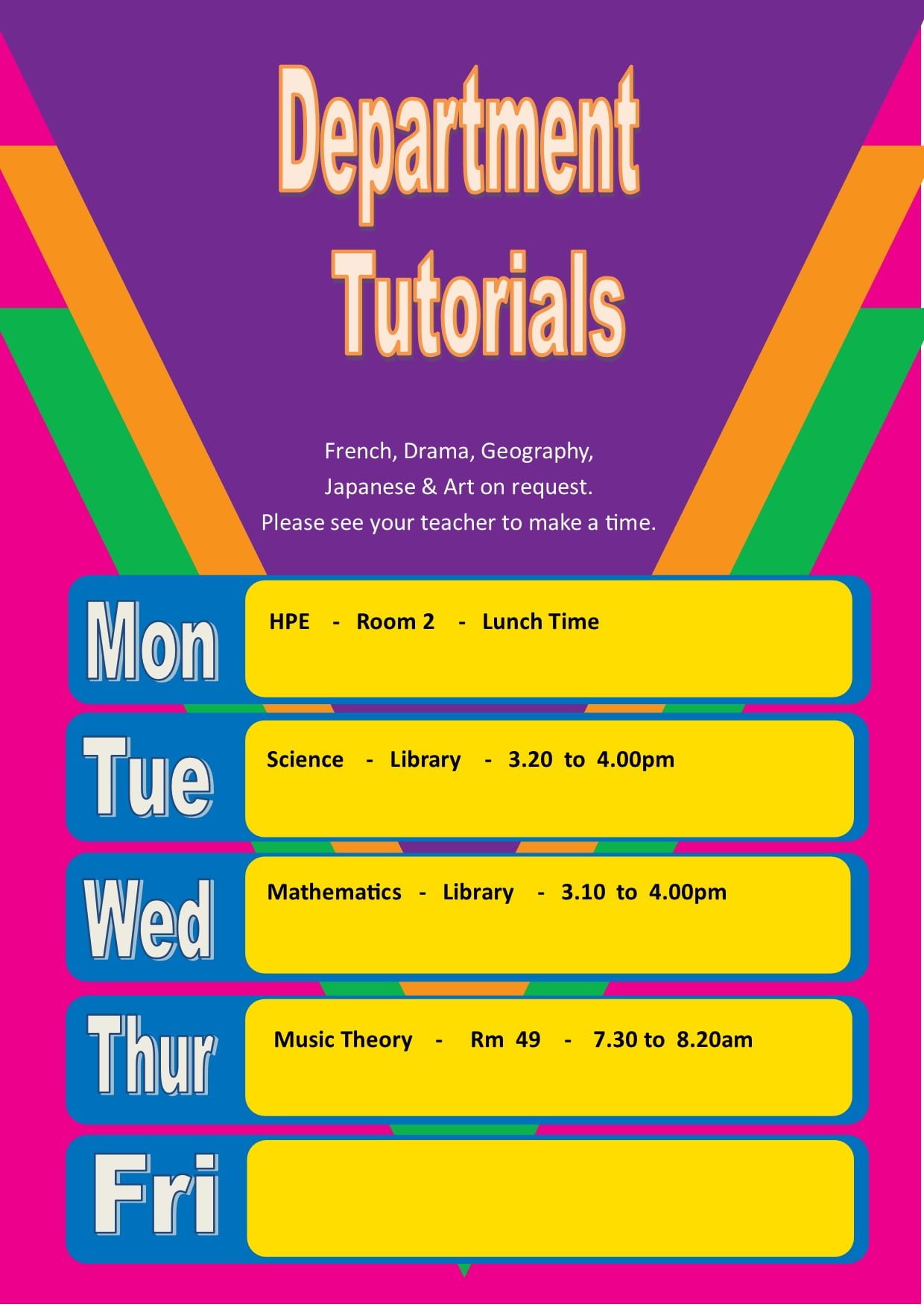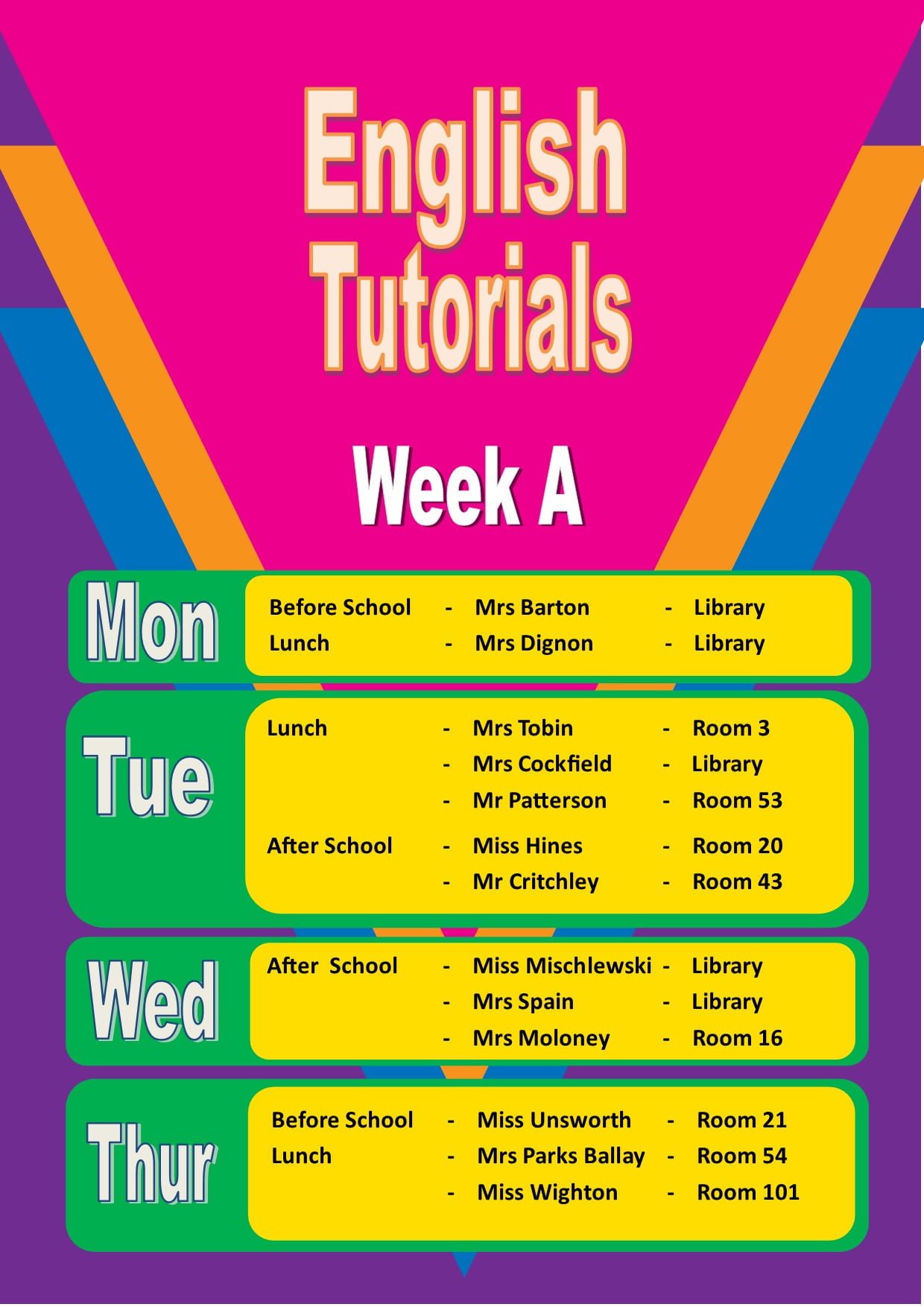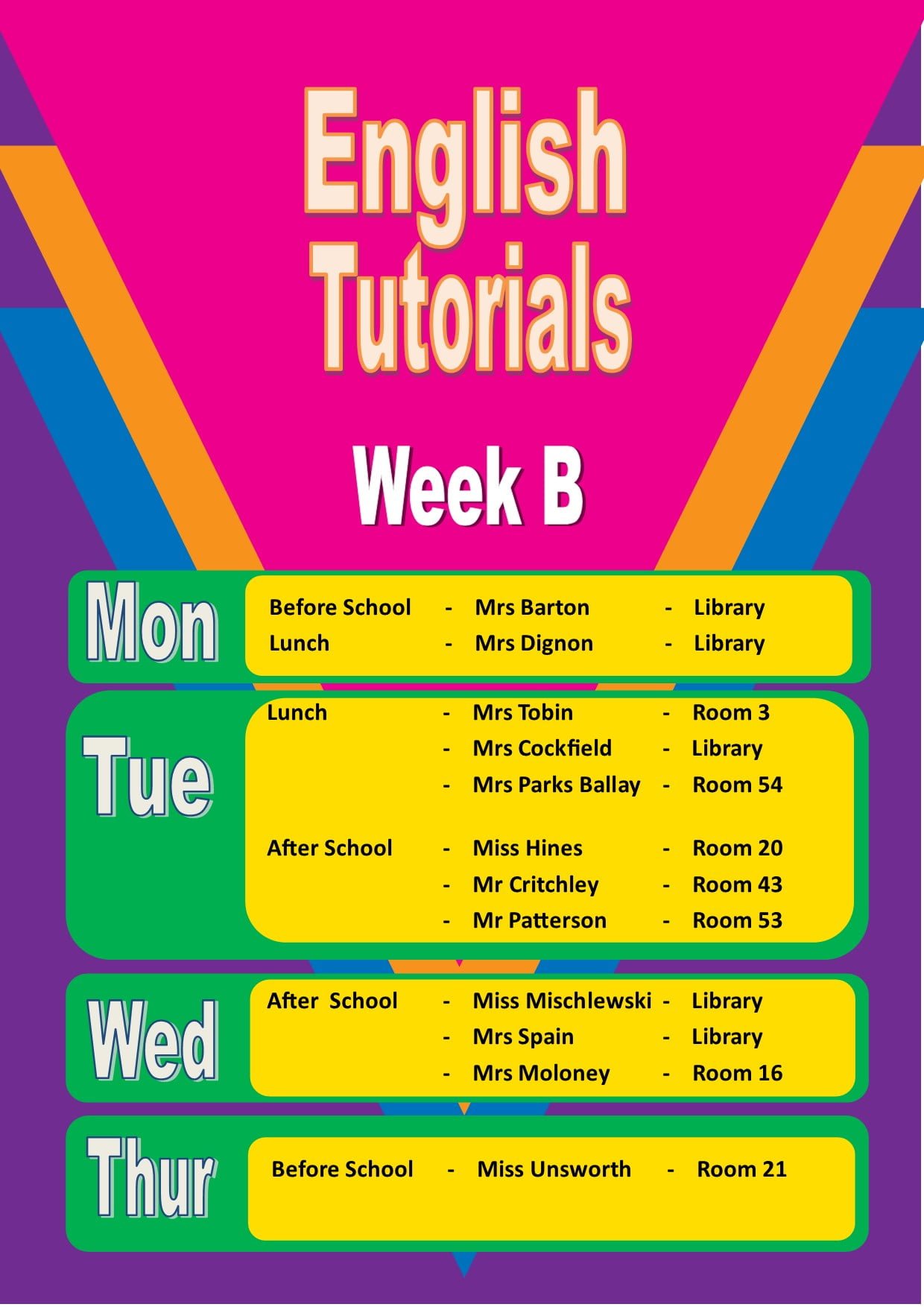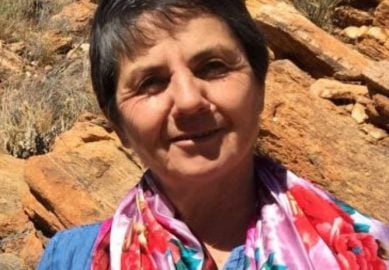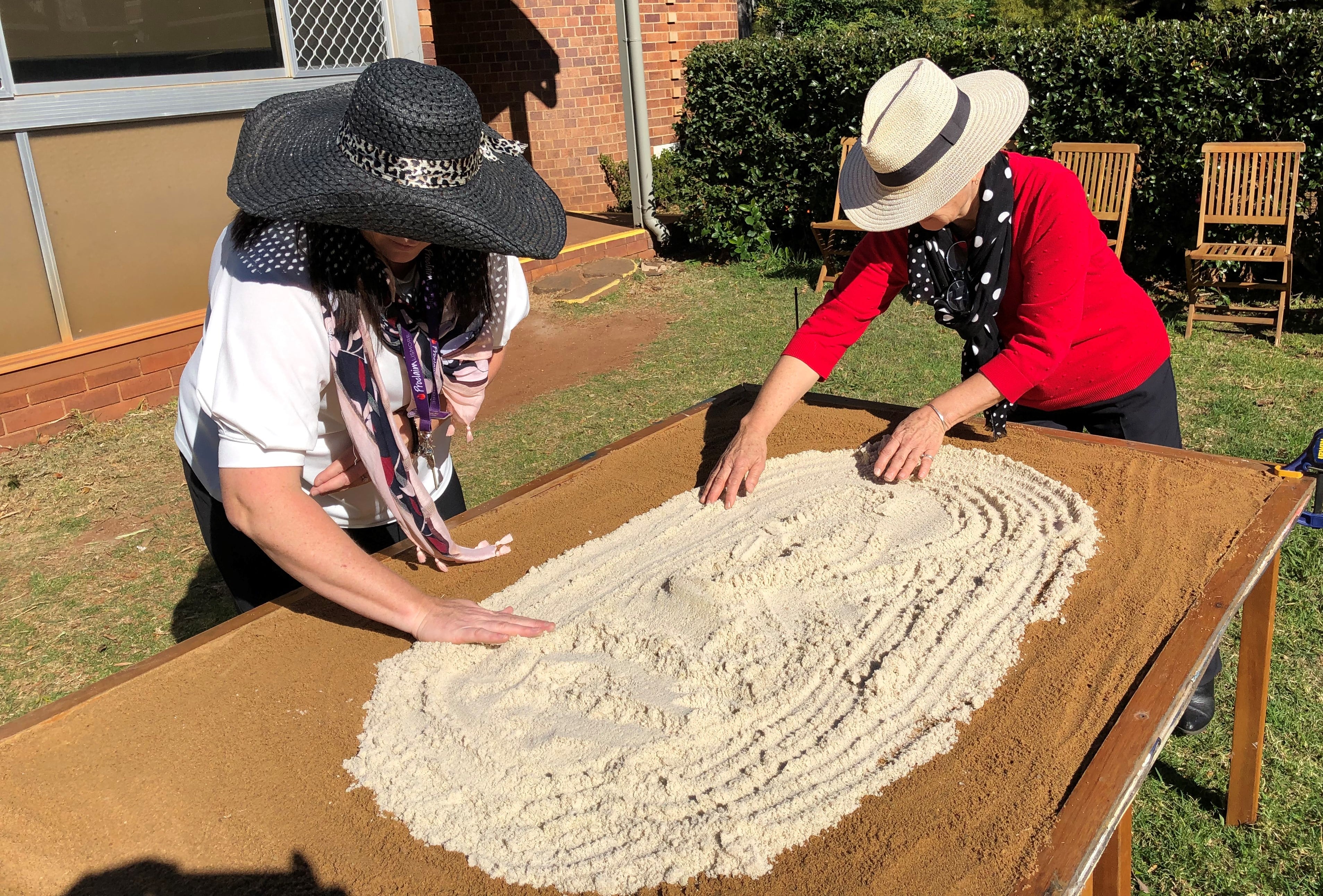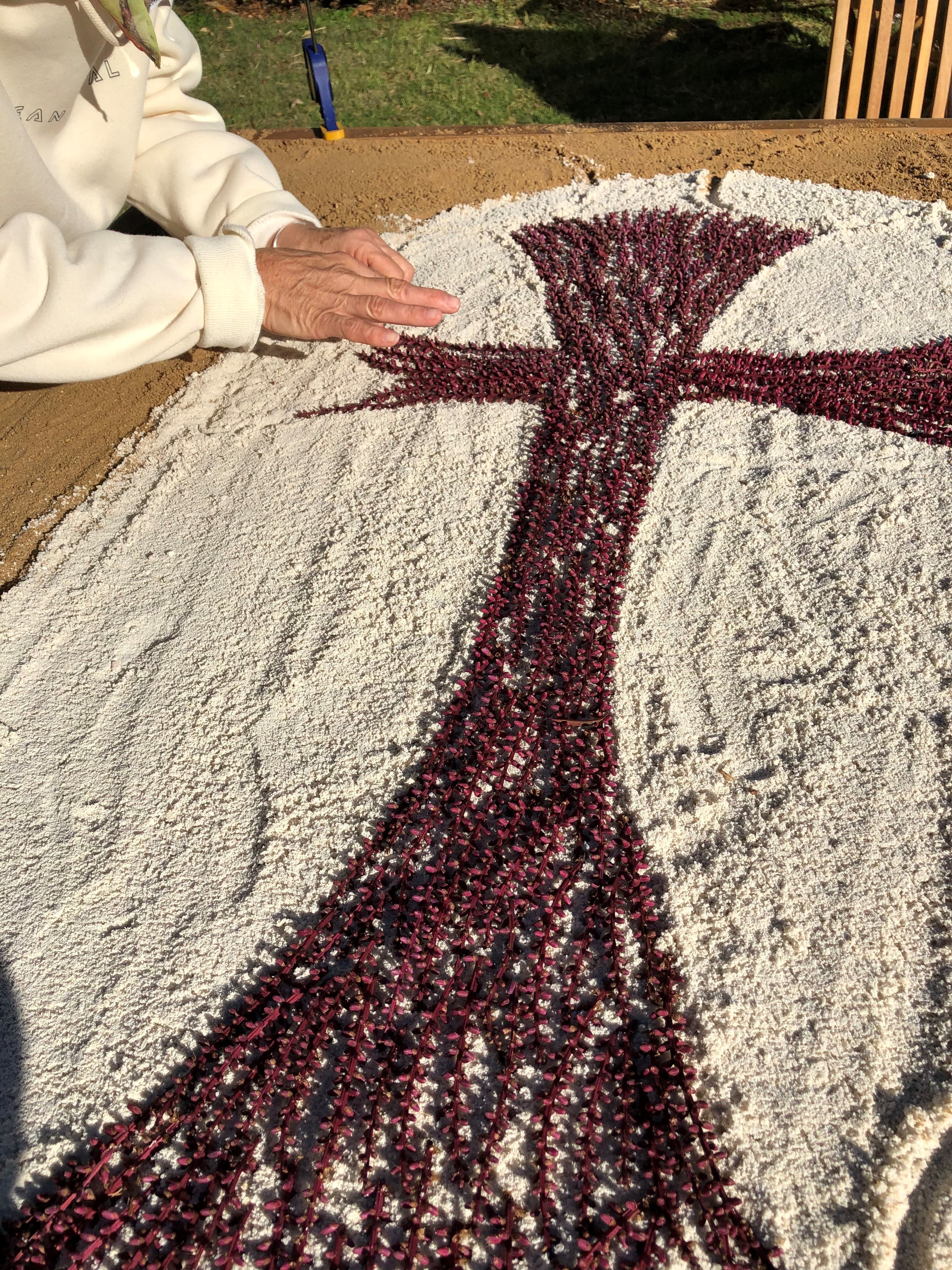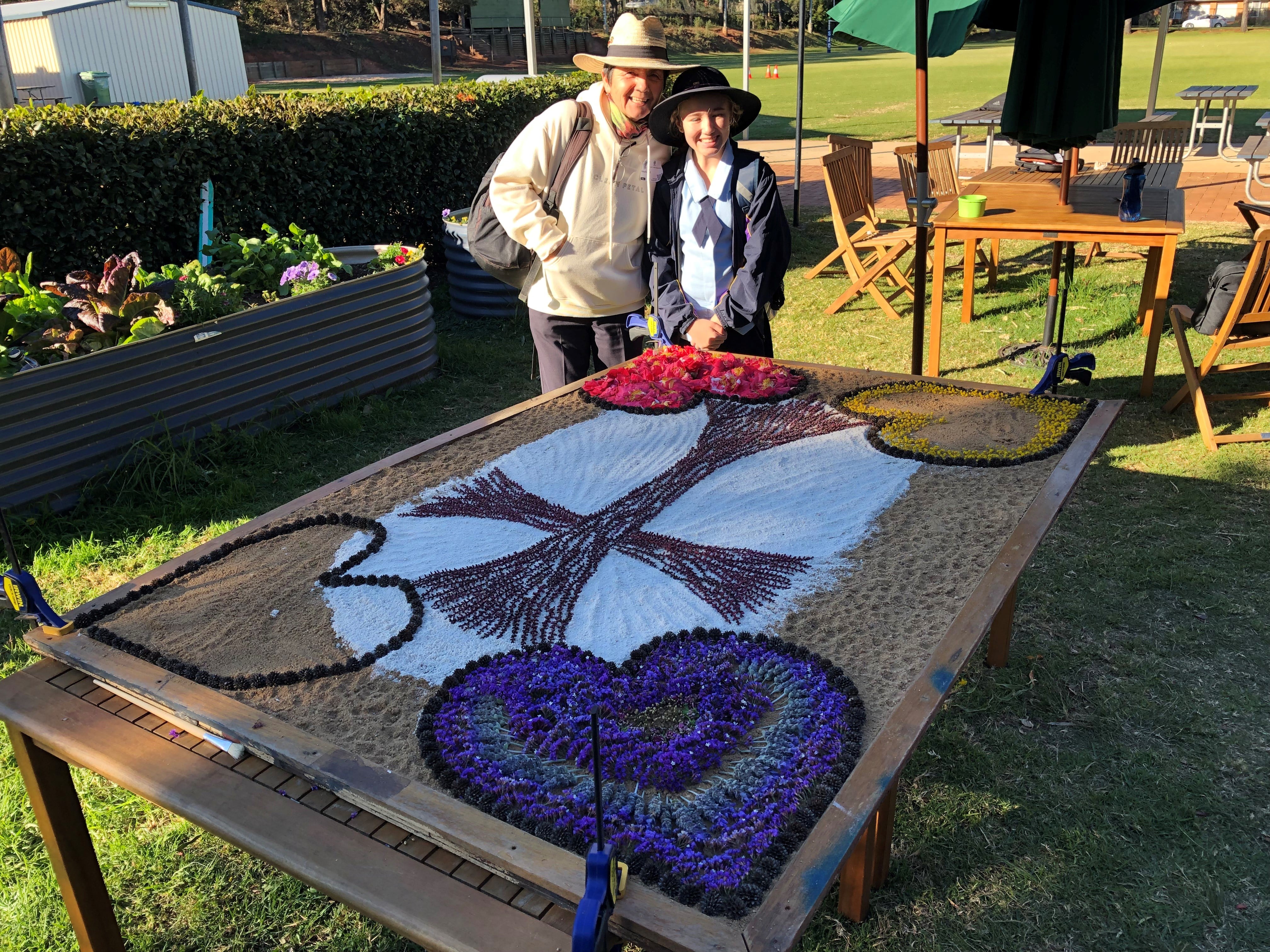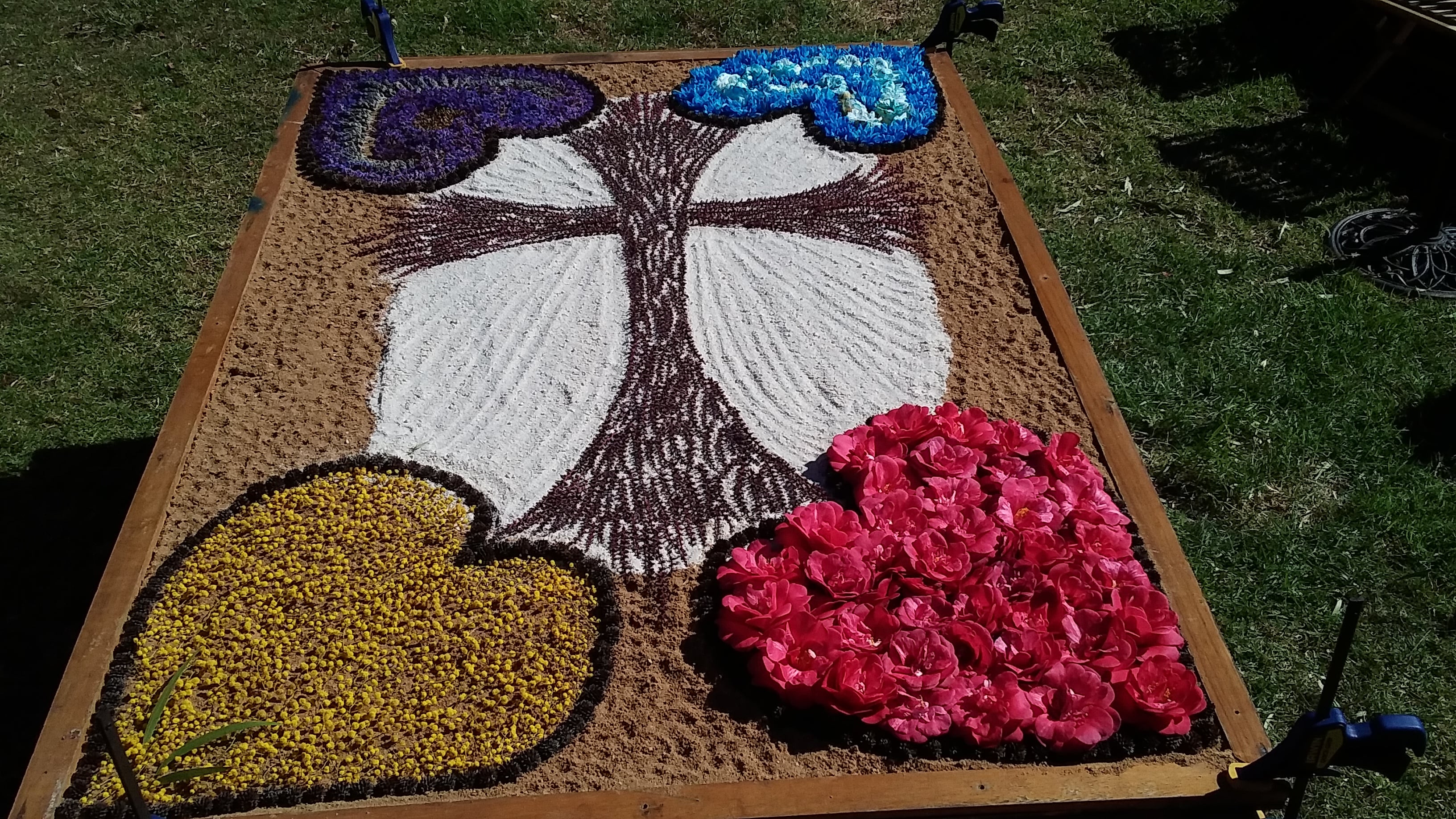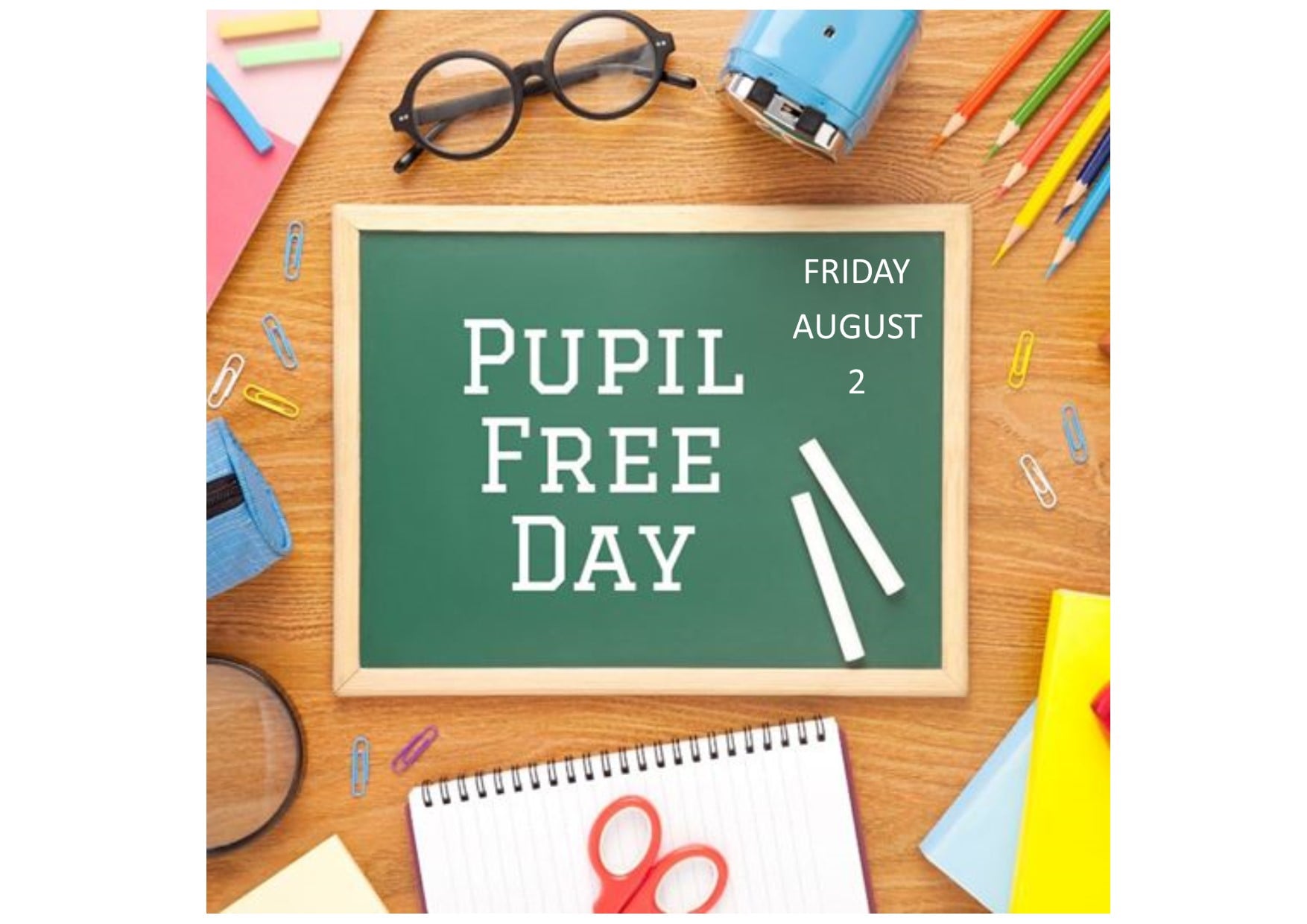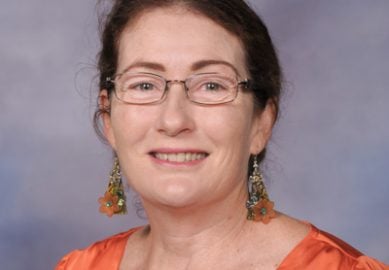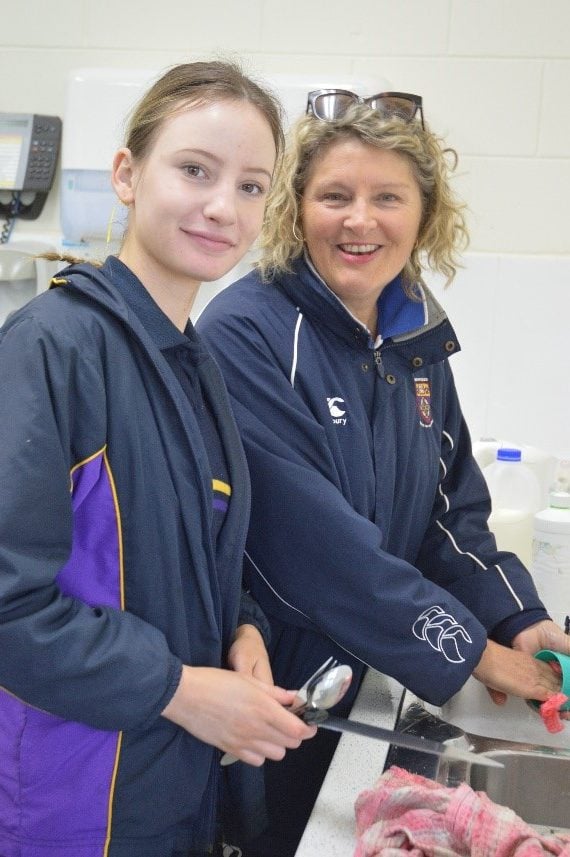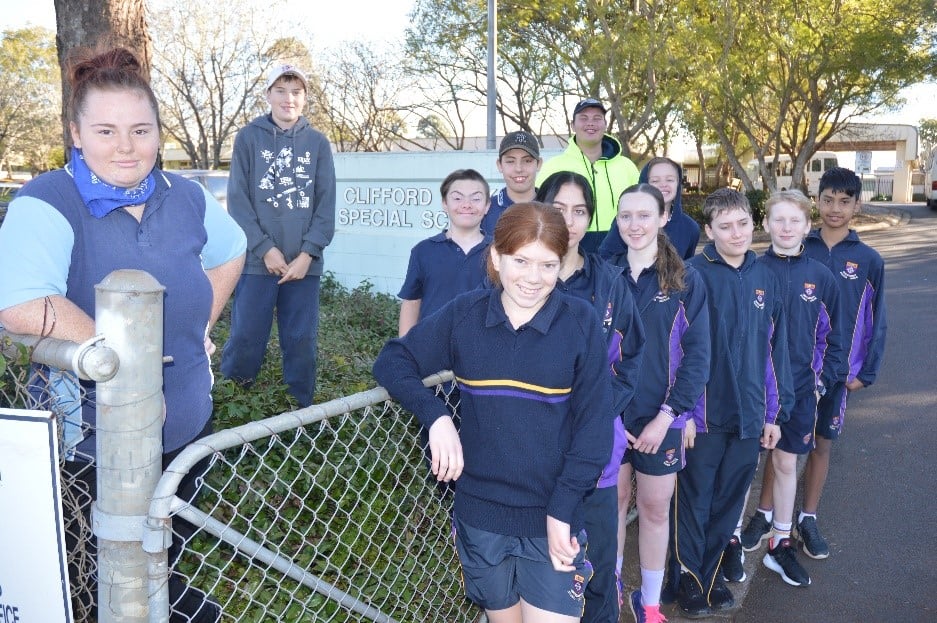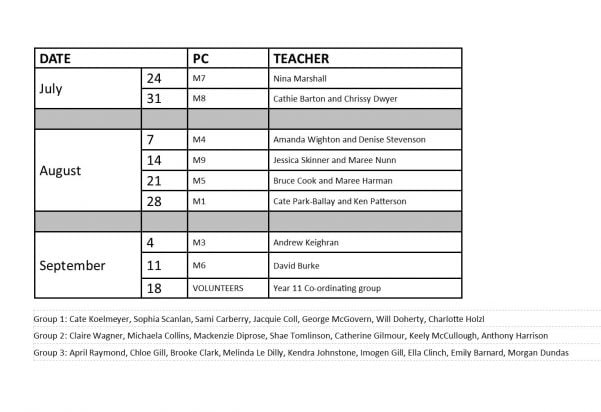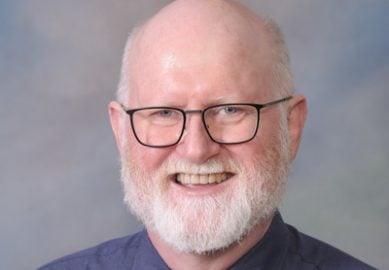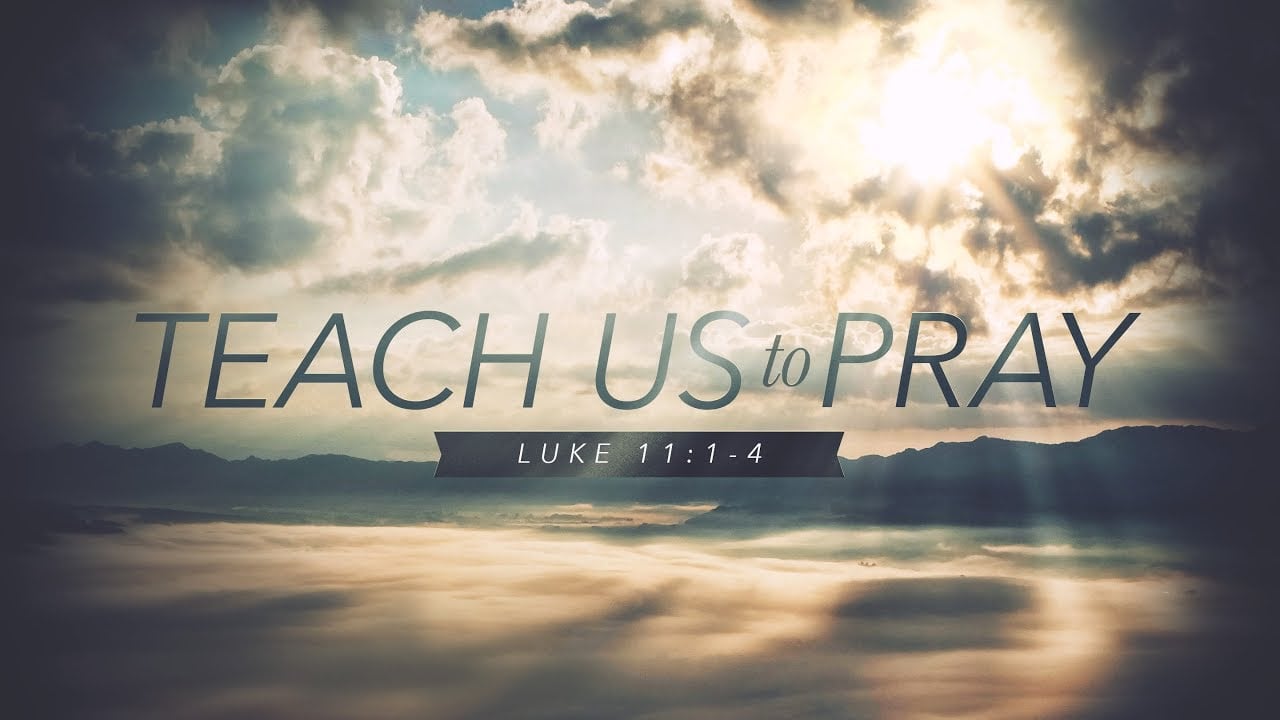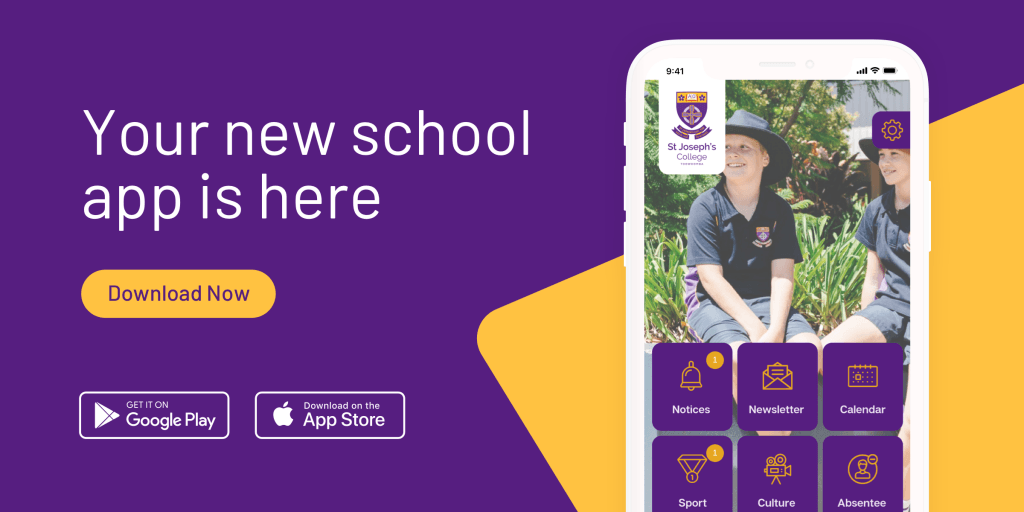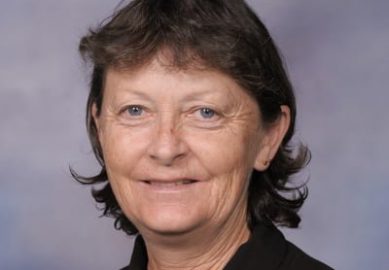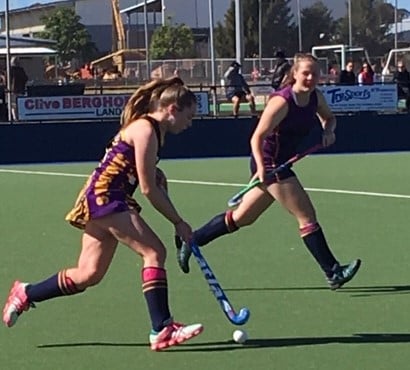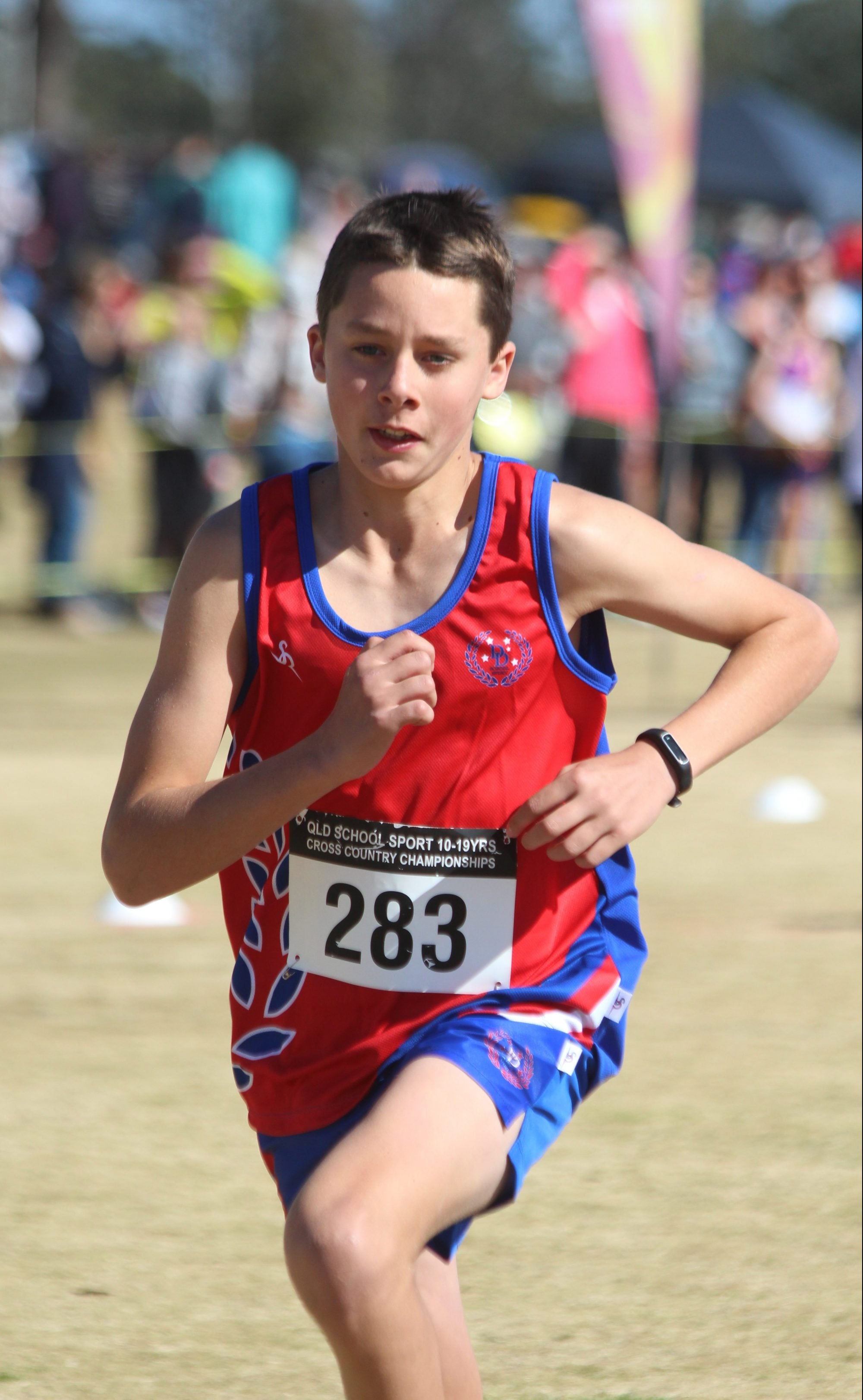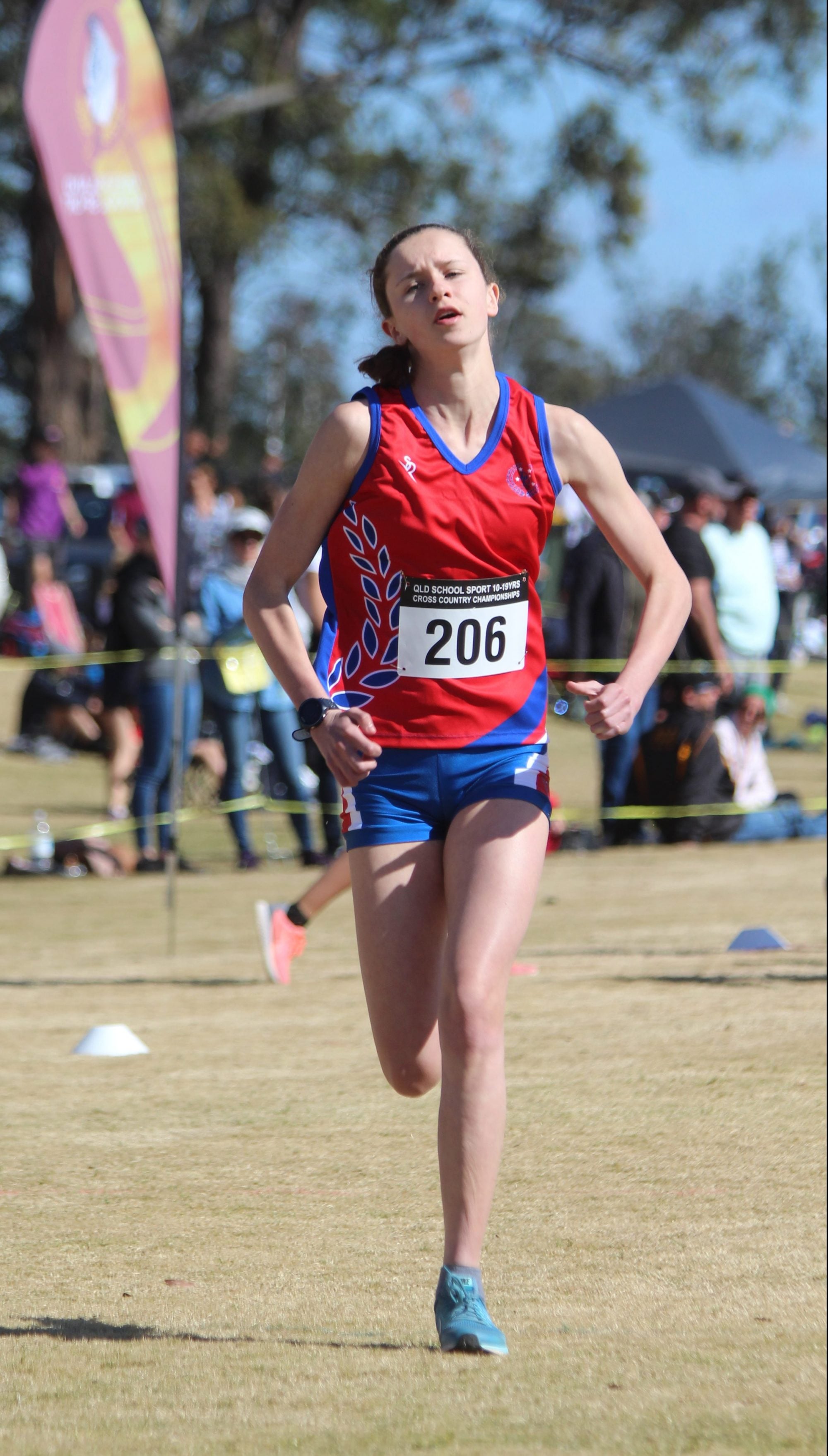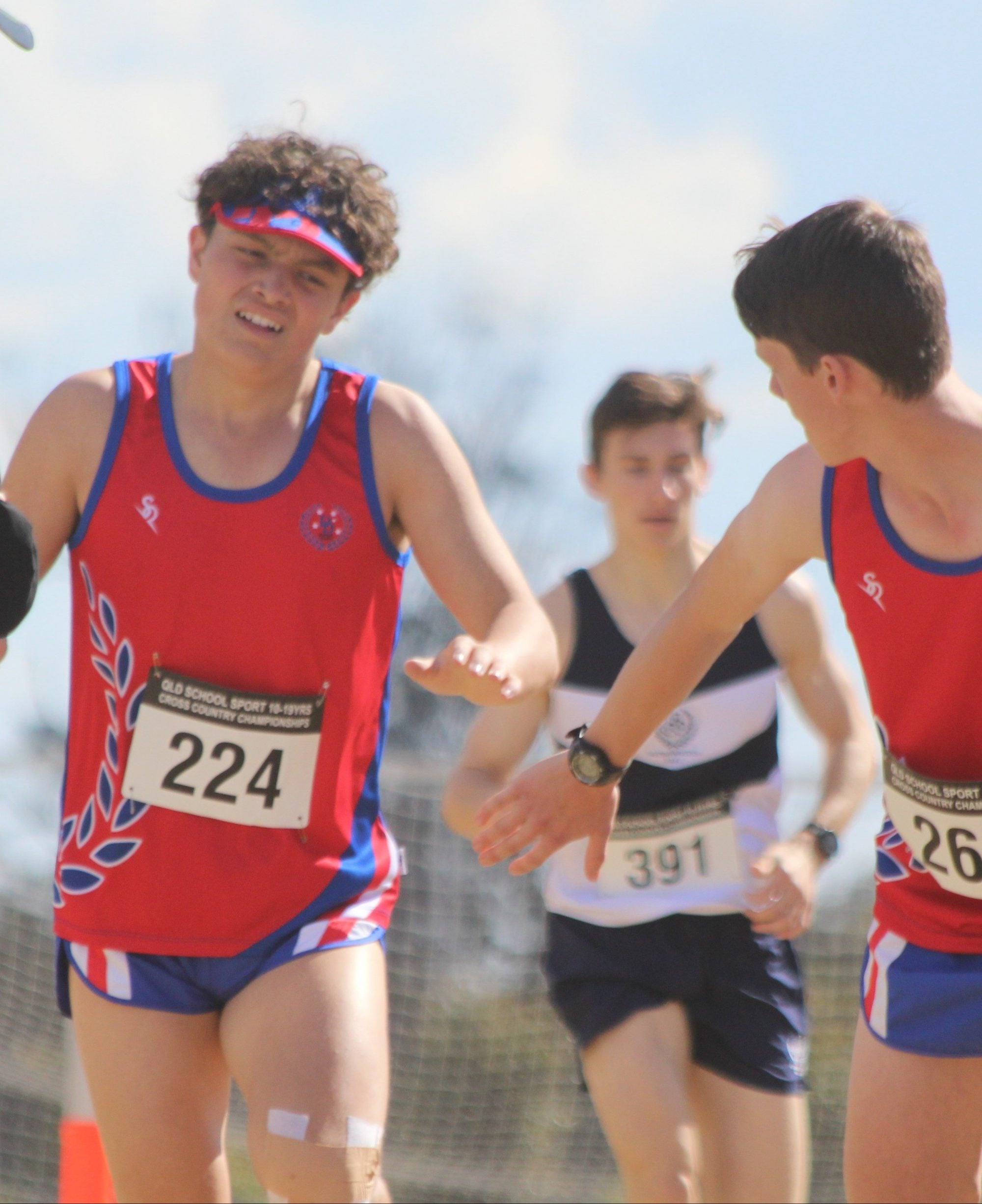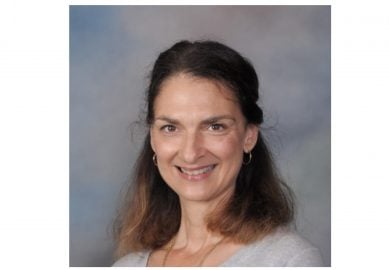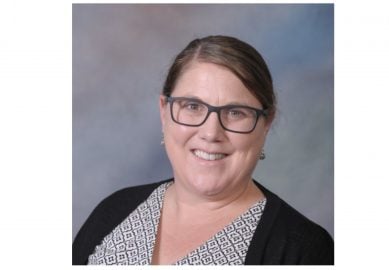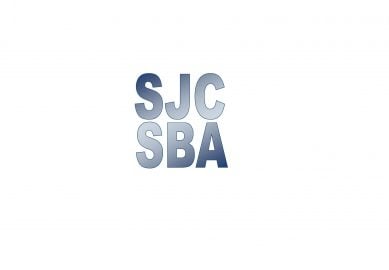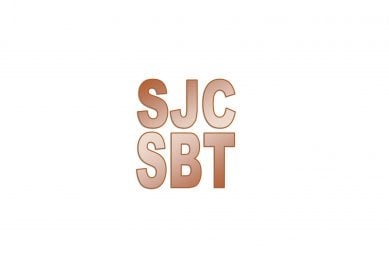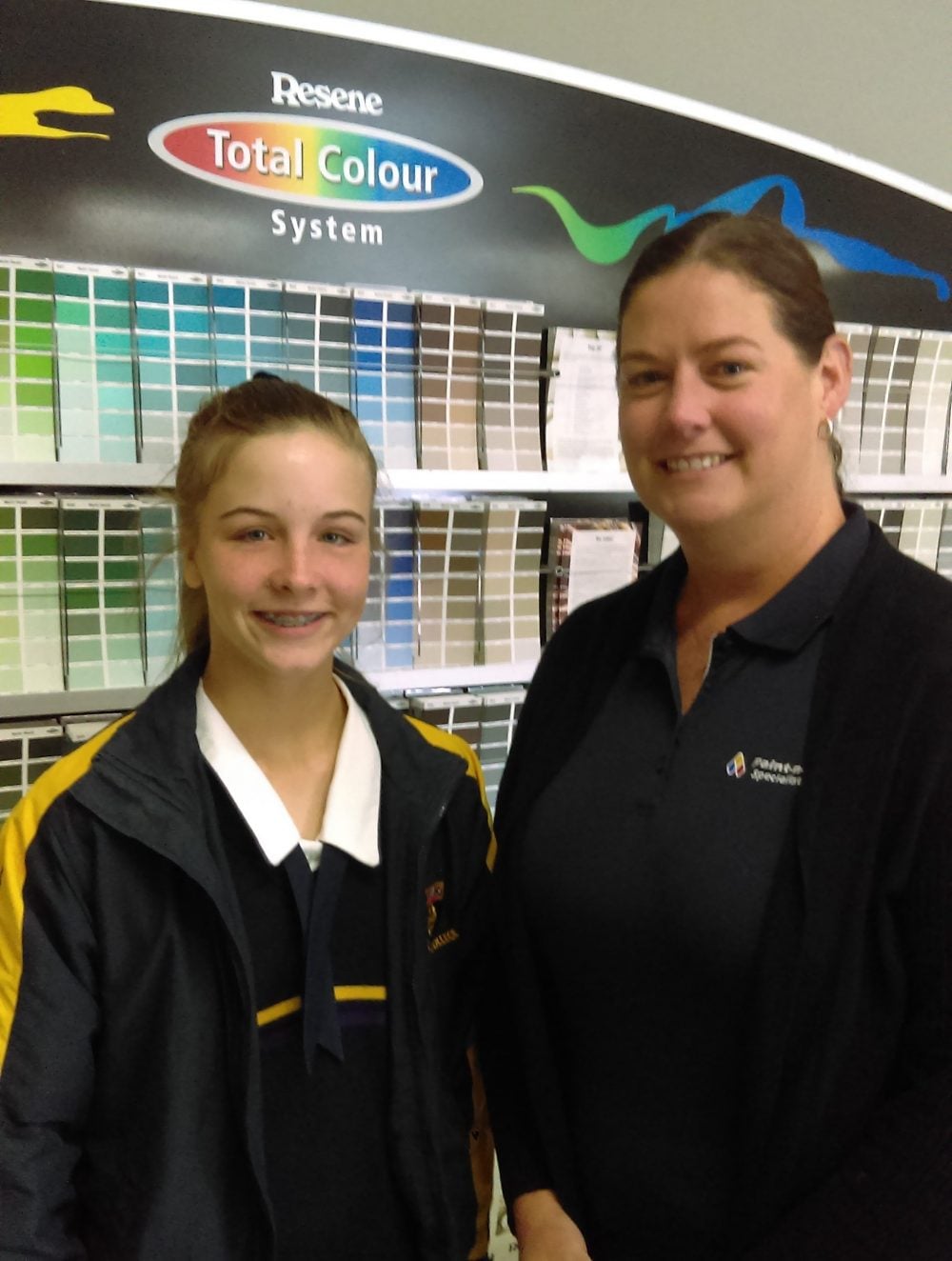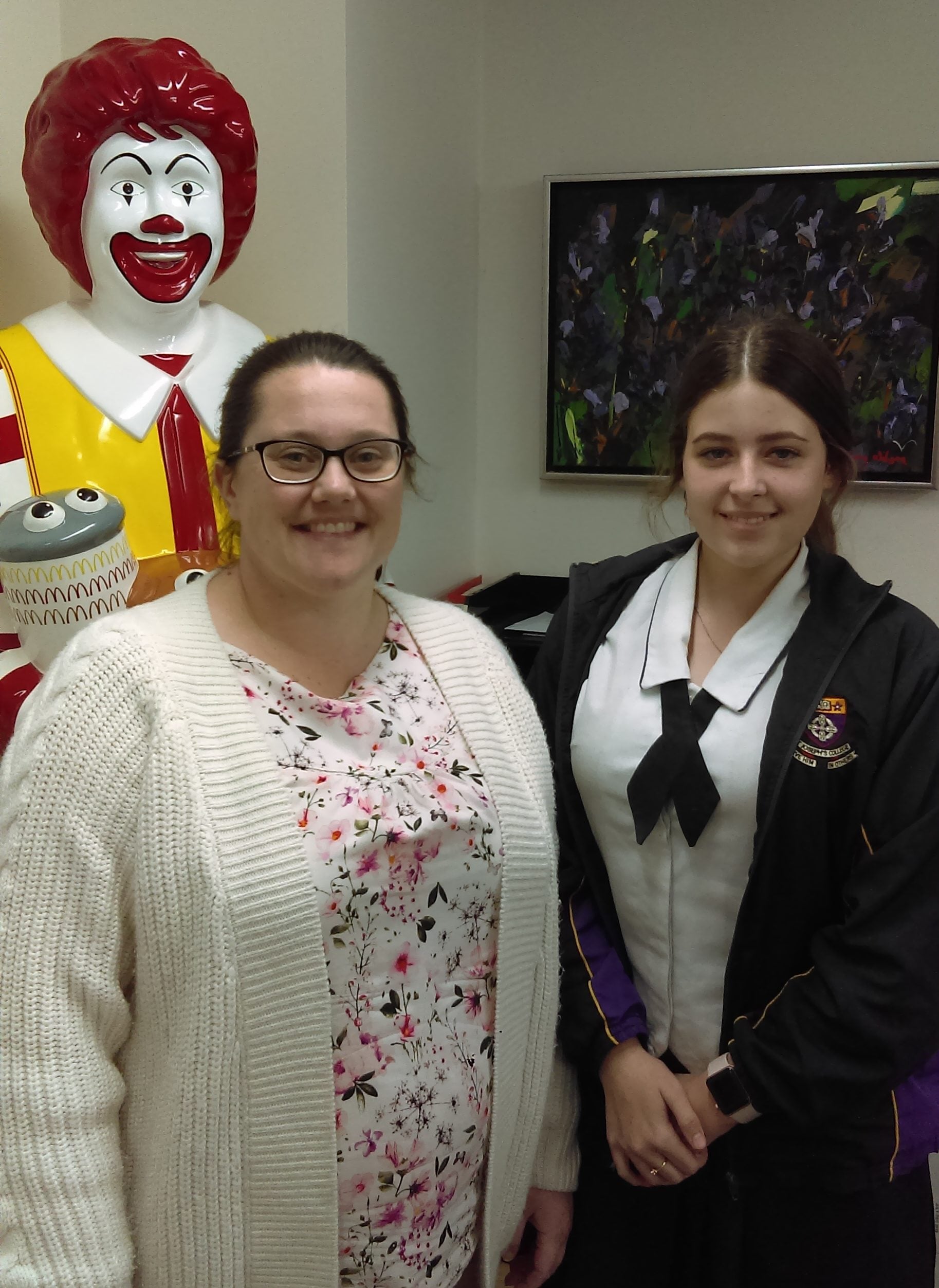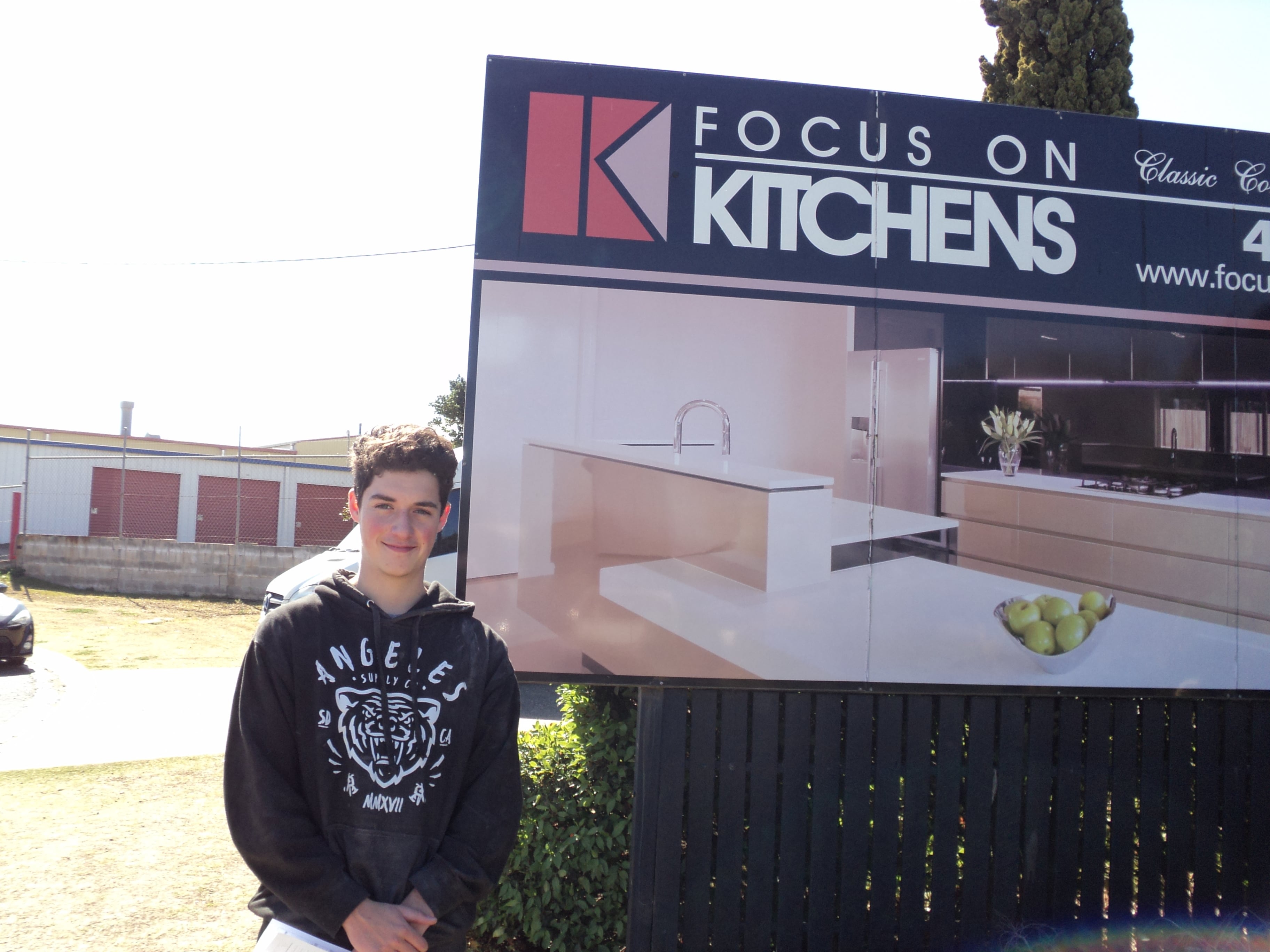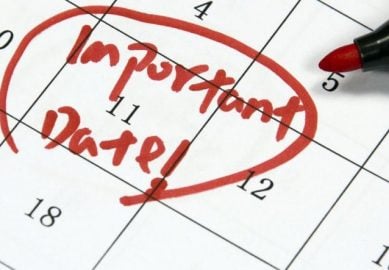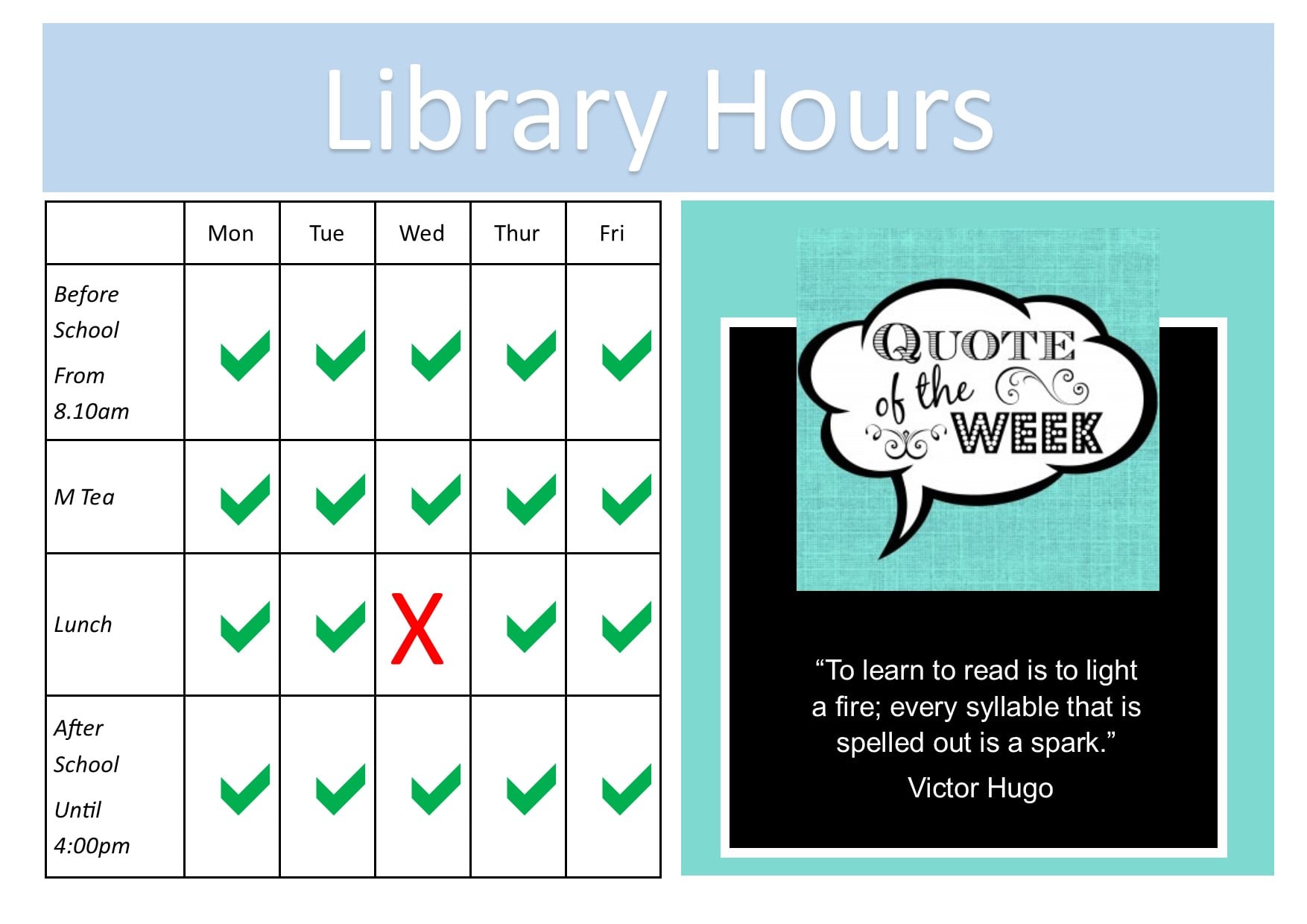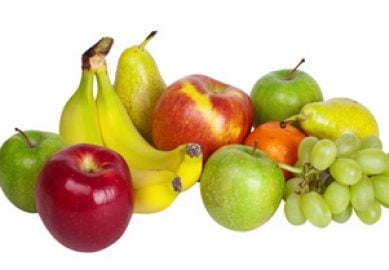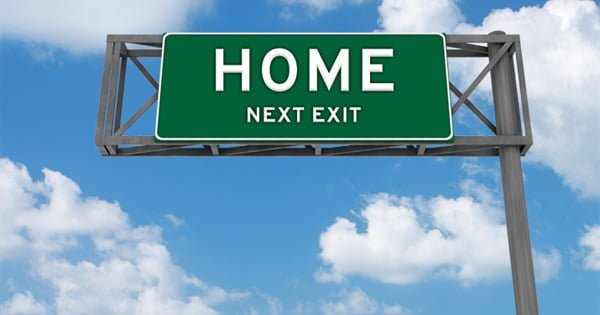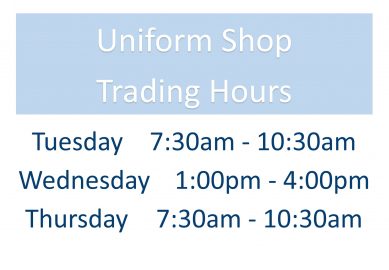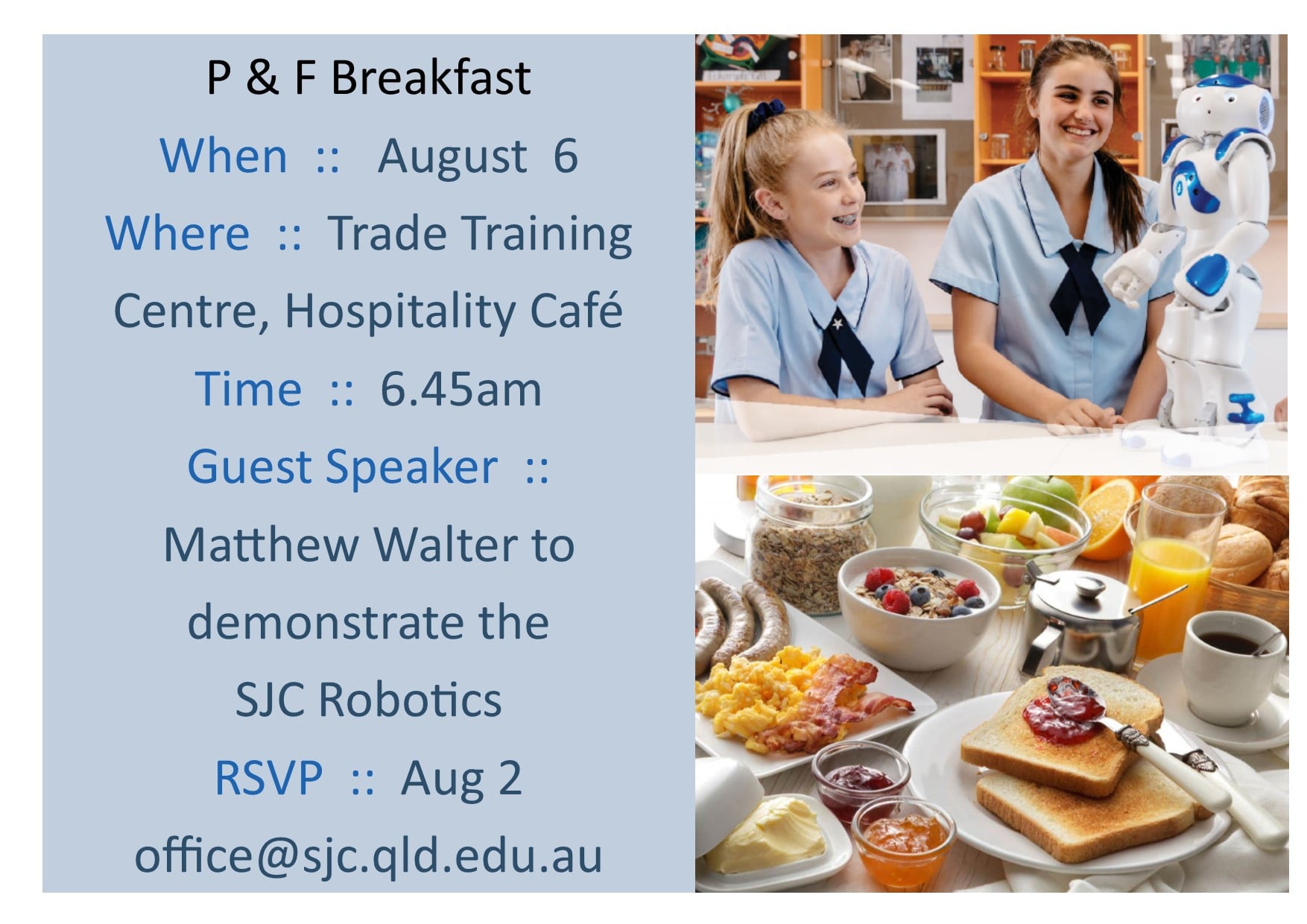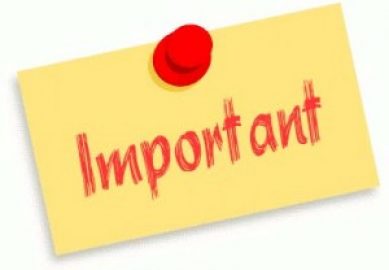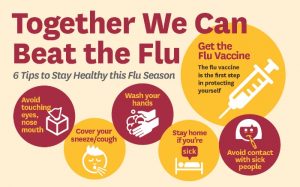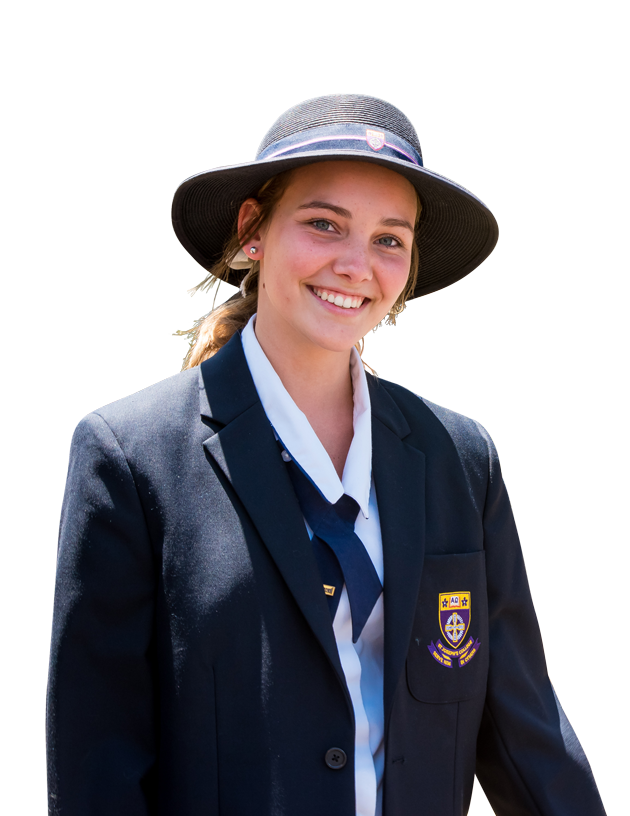Dear Parents, Caregivers and Students.
ADOLESCENCE – THE MOTIVATION WILDERNESS?
“I had no money, no training facilities, no snow, no ski jumps, no trainer, but I still managed to ski jump for my country – and getting there was my gold medal.” – Eddie the Eagle
Recent research in schools has shown that during adolescence, we tend to have low levels of positive motivation such as self-confidence, valuing of school, persistence, planning and learning focus, and have higher levels of negative aspects of motivation such as anxiety, fear of failure, helplessness, and disengagement. (Green, Liem, Martin, Colmar, Marsh and McInerney, 2012).
Students at this point in their lives are in the midst of a “storm and stress” situation. There are many physical, psychological, social and emotional changes during the transition from childhood to adulthood. We know that on many measures, students tend to plateau in their progress around Year 8/9. For others, there are even more worrying issues such as underachievement, dropping out of activities or even school and mental health issues.
One way that parents and teachers can assist students through this period is by personal best goal setting.
Too often in life, we compare ourselves to others instead of to our previous selves. It is our own inward journey that is important, and it doesn’t matter what other people are doing. In the beautiful words of Desiderata; “If you compare yourself with others, you may become vain and bitter; for always there will be greater and lesser persons than yourself.” I really appreciate our school motto Serve him in others, It tells us that the most important thing in life is to help those around you, use your talents not just for yourself but for others.
A goal setting approach to improving is when we try to better our previous best efforts or performance. Personal Best goals allow a student to set a precise goal – it could be a sub 30 second 50m Freestyle, an 80% in the Maths test, or a flawless rendition of a song. The main thing is that a Personal Best goal raises the bar and allows the student to compete with themselves rather than others. Just saying “do your best” is too vague. Who knows what our best is? Vague goals produce vague results. Personal Best goals allow us to establish our own personalised standard of excellence.
Personal Best goals maintain the energising property of competition and at the same time reduce the harmful effects of comparing ourselves with others. They motivate us to close the gap between where we are now and where we want to be, and the good news – everyone can do it! Not every student can top the class, but every student can achieve a personal best. It is about always striving to be a bit better every day.
There is a beautiful moment in the movie Eddie the Eagle about an unlikely ski jumper from the UK making the Olympics. Eddie meets his idol, the Norwegian World Champion, and congratulates him on his win. The Gold medallist says, “ it wasn’t even my best. You are lucky. You only have to do your best to win.”
This week’s reflection:
To live a full and productive life we must be willing to begin with goals or to start over again. As Bernie Siegel puts it: “ God wants us to know that life is a series of beginnings, not endings. Just as graduations are not terminations but commencements.”
